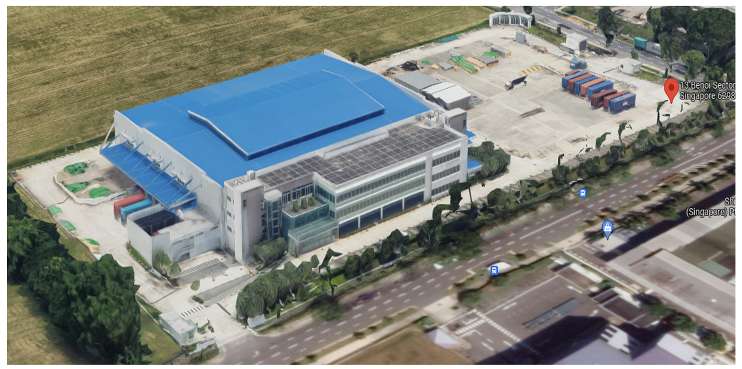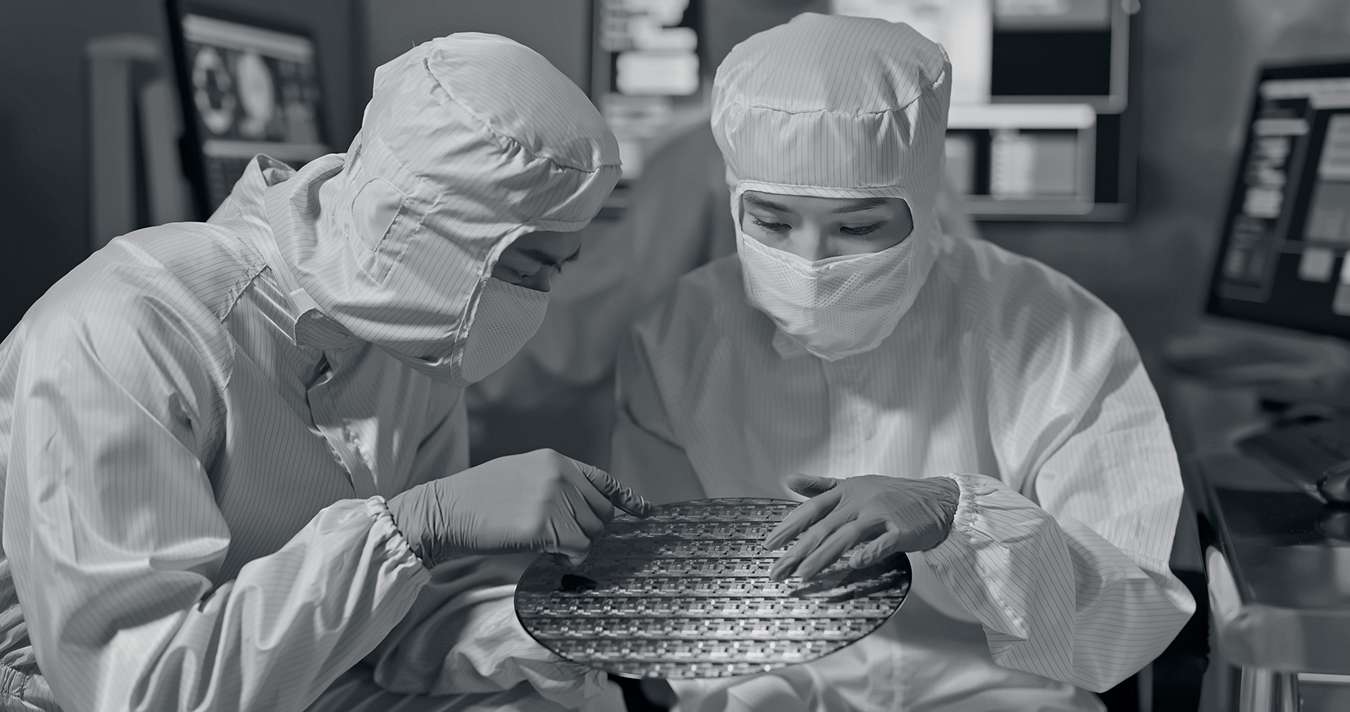Pall Corporation is a global leader in high-tech filtration, separation, and purification, serving the diverse needs of customers across the broad spectrum of life sciences and industry.
To meet the growing demands of the semiconductor industry, Pall is developing a new manufacturing facility focused on solutions that will serve advanced nodes for semiconductor manufacturers. Pall is investing more than $100M USD for the first phase of expansion, with subsequent investments over the course of construction.
New facility in Singapore will supply cutting-edge filtration solutions for next generation semiconductor manufacturing nodes.
More than $100M USD investment will help meet customer demand and add jobs in region.
-
Plant of the future
-
A growing need
-
Commitment to APAC
-
Meeting demand
The facility will be located on a seven-acre campus that will include more than 18,000 square meters of manufacturing and office space.
There are 4 planned phases of construction. Construction of the first phase will begin in summer of 2022 and high-volume manufacturing (HVM) capability will be completed between late 2023 and early 2024.
When complete, the site will more than double Pall’s current installed capacity for the manufacturing of microelectronics filtration and purification solutions.The new facility will primarily produce lithography and wet-etch filtration, purification and separation solutions that will help meet the high demand for advanced node solutions. The facility will be located on a seven acre campus that will include more than 18,000 square meters of manufacturing and office space.
Industry megatrends such as remote working, Internet of Things (IoT), artificial intelligence (AI), and others are creating a critical demand for leading edge semiconductor chips.
Remote work has created sudden incredible demand for the complex chips that power cloud computing and AI. Analog chips also remain essential components for autos and products and applications associated with IoT.
In Singapore, the Economic Development Board (EDB) reports semiconductors output has increased 45.7% Y-o-Y in May 2022, supported by strong demand from 5G markets and data centers amid the global chip shortage.
In the past two years, the global semiconductor chip shortage has come into sharp focus – significantly more capacity is necessary to alleviate the increased demand.
Pall’s investment in this new facility underscores the company’s commitment to helping customers meet their extremely challenging defect reduction goals.
The APAC region is expected to become an anchor in the global semiconductor industry.
According to Deloitte, the global market of semiconductors will exceed USD 1 trillion and the semiconductor industry in APAC will grow its global share to 62% by 2030.
Singapore is a hub for semiconductor manufacturing -- which accounts for 11% of the global semiconductor market, and 20% of global semiconductor equipment manufacturing market including lithography systems that mass-produce tiny patterns on silicon that are critical to the production of integrated circuits or chips.
With large scale investments in Singapore and Tsukuba, Pall is uniquely positioned in the region as it is able to offer substantial expertise and vast footprint of technologies to serve the growing demands of semiconductor manufacturers.
Pall demonstrates its commitment to Singapore and the wider APAC region in our initial $100M investment to boost Singapore’s manufacturing facilities. We expect to continue to invest and expand in Singapore over the coming years as Singapore remains a key regional hub for our customers in APAC.
The new site will also create more than 300 jobs in science, engineering, and manufacturing, which will allow for the development of new talent as well as enable the transfer of knowledge
The new $100M facility will primarily produce lithography and wet-etch filtration, purification and separation solutions that will help meet the demand for advanced node chips.
- As the demand for 5G, AI and IoT devices continue to grow so will the need for more advanced chips with increased performance and energy efficiency. The raw material used to manufacture these chips must have the highest level of purity, to reduce defects, especially in applications such as medical devices and automotive, where latent defects can be quite costly.
- As chip designs continue to evolve, advanced nodes shrink, and come in sizes and geometrics which are more complex. The manufacturing processes to produce chips becomes more complicated and, in turn, becomes more sensitive to potential contamination.
- There are impurities in each step of the process, which can result in more chemical usage, costly downtime, and significant reduction in yield.
- This means that advanced node semiconductor manufacturing requires extremely clean fluid streams, driving greater need for high-end filtration and purification solutions – that Pall provides.
- With the construction of this new site, we bring its manufacturing capability and capacity closer to the majority of our customers, which will help reduce supply chain complexity and risks.






